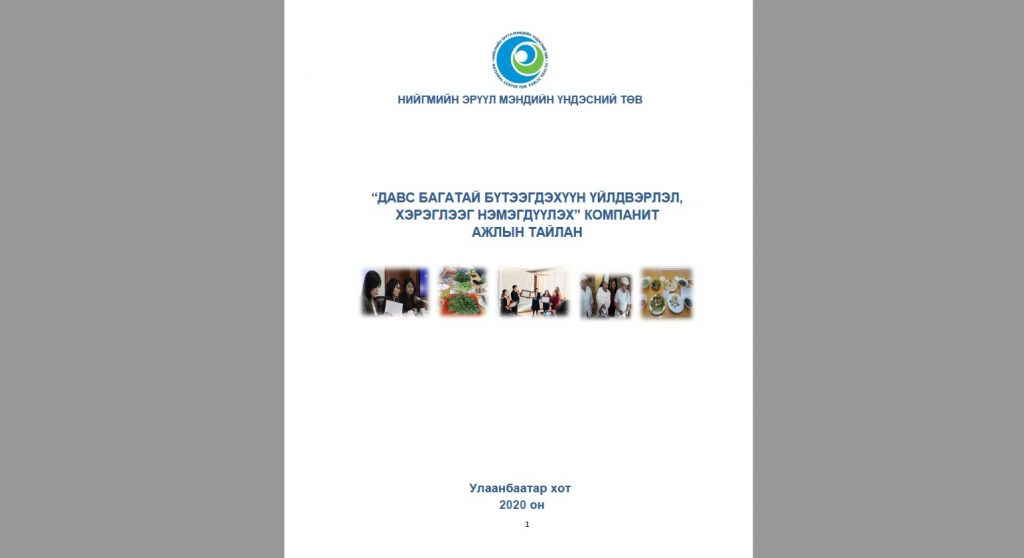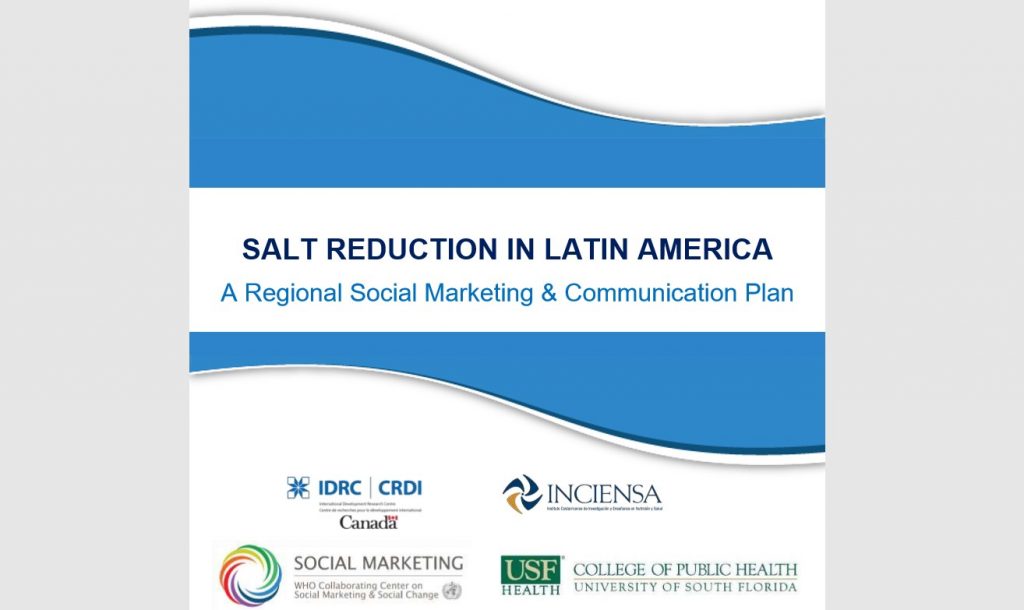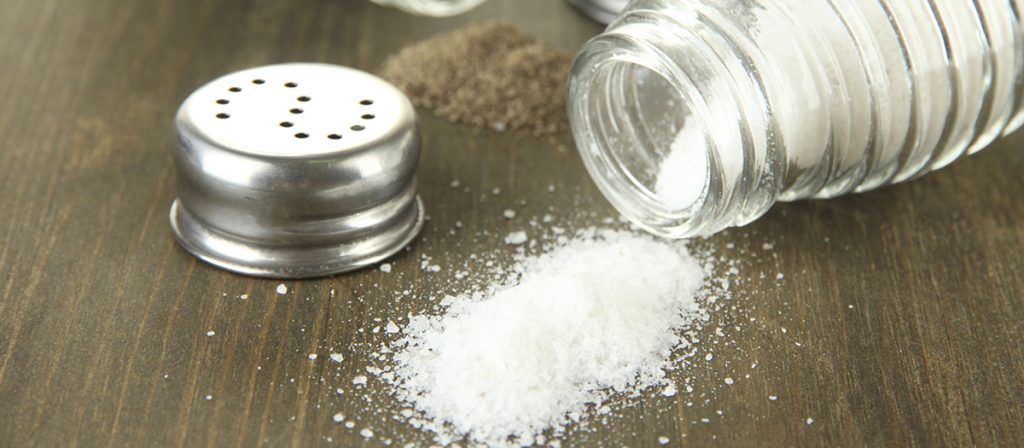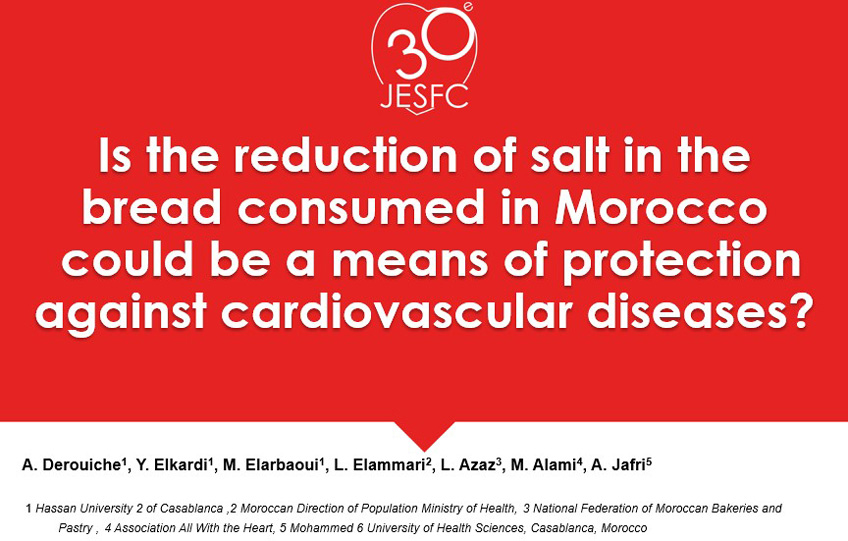Mongolia: Raising salt awareness in the western region of Mongolia

Mean estimated population salt consumption in the western region of Mongolia is 15.4 g/day; triple the World Health Organization’s (WHO) recommended daily maximum of 5 g/day and much higher than the national average of 11.1 g/day. To tackle this disparity, Mongolia has implemented several activities in line with the framework, “Improving knowledge and awareness on […]
Salt reduction initiatives in Africa: A systematic review

Published in the Journal of Clinical Hypertension, Tekle et al conducted a systematic review to document salt consumption patterns, the implementation status and potential impact of salt reduction initiatives in Africa. From 38 studies included, the review found that the mean estimated salt intake in African adults ranged from 6.8 g/day to 11.3 g/day. Salt […]
Scaling-up and evaluating salt reduction policies and programs in Latin American countries

In May 2020, the final technical reports of the International Development Research Centre (IDRC) project, “Scaling-up and evaluating policies and programs in salt reduction in LA countries,” were published. The reports and most outputs can be found in the IDRC Digital Library. Some key report include: Regional policy Brief, “The Challenge of Reducing Dietary Salt […]
Protected: Raising Public Awareness in the Pacific Islands

There is no excerpt because this is a protected post.
Progress on Sodium Reduction in South Korea

A study recently published by Hye-Kyung Park et al has reviewed sodium reduction progress in South Korea. A National Plan to Reduce Sodium Intake was implemented in South Korea in 2012, this plan has the aim of reducing population sodium intake by 20% by 2020 (3,900 mg/d) by a range of intervention activities including; consumer […]
Salt-Related Knowledge, Attitudes and Behaviours (KABs) following a 22-Month Consumer Awareness Campaign

Grimes et al conducted a repeated online cross-sectional survey to assess whether salt-related knowledge, attitudes and behaviours (KABs) of adults aged between 18-65 years in the Australian state of Victoria changed following the first 22 months of a consumer awareness campaign targeting parents. The 37-item questionnaire assessed participants’ demographic characteristics and salt-related KABs. It found […]
Formative Research to inform a behaviour change Salt Reduction Intervention in India (SRII) Project

The SRII project is a community-based salt reduction behaviour change intervention in India, funded by Resolve To Save Lives. Dr Claire Johnson and Dr Annet Hoek recently travelled to India to support colleagues at The George Institute offices in Hyderabad to undertake formative research activities in Siddipet, Telanagana: a small rural town approximately 2.5 hours’ […]
Survey on Knowledge and Salt Intake Related Behaviour in Italy

A cross-sectional study conducted by Idelson et al evaluated salt-related knowledge and behaviour and their relationship to adherence to a Mediterranean diet in the Italian general population using a self-administered questionnaire conducted as a free online survey. Data from the 11,618 questionnaires found women had a higher level of salt knowledge than men while adolescents […]
Reducing salt in bread to protect from cardiovascular disease in Morocco

In January 2020, Abdelfettah Derouiche presented recent salt reduction research from Morocco at the European Days of the French Society of Cardiology Congress in Paris. In his presentation he reflected on a five-year awareness raising campaign that aimed to encourage bakeries to reduce the amount of sodium chloride used when making white bread, along with […]
Savoury Snacks Report

For World Salt Awareness week, The George Institute, in partnership with Heart Foundation and VicHealth, released a report on the salt content of savoury snacks. The report analysed more than 1500 savoury snacks from 2013 to 2019 and found vege-based and legume-based snacks contain alarming amounts of salt. The saltiest vege-based snack, a kale chip, […]